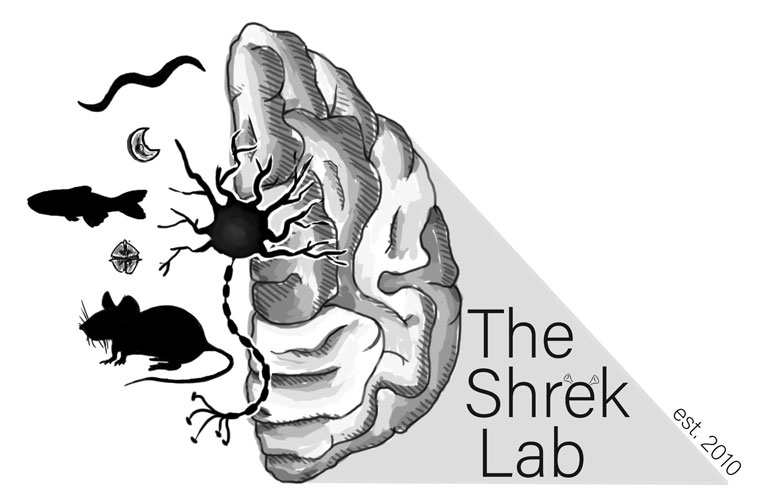Welcome to the Chalasani Lab!
We explore how the nervous system integrates environmental signals to drive behavior using C. elegans and M. musculus. As pioneers in Sonogenetics, we are expanding our toolkit, from early work in worms to the optimization of human channels like hsTRPA1, for precise, non-invasive control of mammalian circuits. By pairing biophysical modeling of nanoscale membrane deflections with systems neuroscience, we aim to uncover universal principles of brain function and develop the next generation of human therapeutics.
We’re always looking for motivated undergraduate volunteers to join our team. If you’re eager to get hands-on experience in the lab, apply here.
Recent Publications
Walsh, C., Yoon, C.W., Anderson, M.S., Wei, F., Chalasani, S.H., Wang, Y. Introduction to Sonogenetics for Ultrasound Scientists, (2025) IEEE Transactions on Ultrasonics. DOI: 10.1109/TUSON.2025.3632859
Haley, J.A., Chen, T., Aoi, M., Chalasani, S.H. Accept-reject decision-making revealed via a quantitative and ethological study of C. elegans foraging (2025) Elife. 13. DOI: 10.7554/eLife.103191
Mackie, M., Le, V.V., Carstensen, H.R., Kushnir, N.R., Castro, D.L., Dimov, I.M., Quach, K.T., Cook, S.J., Hobert, O., Chalasani, S.H., Hong, R.L. Evolution of lateralized gustation in nematodes. (2025) Elife. 14. DOI: 10.7554/eLife.103796
Haley, J.A., Chen, T., Aoi, M., Chalasani, S.H. Accept-reject decision-making revealed via a quantitative and ethological study of C. elegans foraging (2025) bioRxiv. DOI: 10.1101/2024.09.18.613674
Shukla, S., Walsh, C., Bansal, S., Leugering, J., Uppal, A., Jaltare, V., Cauwenberghs, G., Chalasani, S.H., Jahed, Z. A Dynamic Spike Sorter for Multiscale Nanoelectrode Array Recordings (2025) Advanced materials interfaces. 12(14). DOI: 10.1002/admi.202500158
